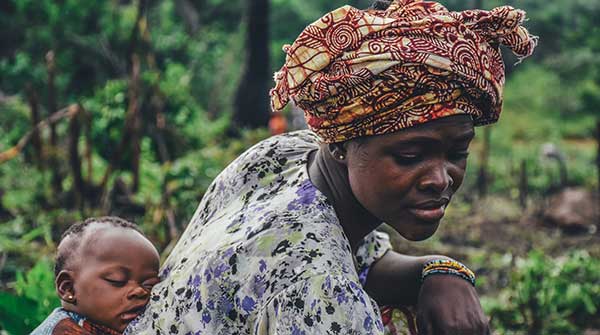Will our future relationship with Africa be based on continued pillage or partnership?
 There have been seven coups d’êtat in Africa in the last three years. Why is this happening, and what does it mean?
There have been seven coups d’êtat in Africa in the last three years. Why is this happening, and what does it mean?
It’s worth noting that much of the recent unrest has been concentrated in former French colonies. This can be attributed to the fact that French influence did not wane after these nations gained independence in the latter part of the 20th century. While other colonial powers like Belgium, Portugal, and Great Britain reluctantly relinquished their hold, France employed a different approach to maintain control over its former colonies, a strategy that persisted until recently.
France created the CFA franc (franc des Colonies Françaises d’Afrique) to provide these countries with a stable currency while allowing France and French corporations to continue exploiting their economies. This arrangement enabled the French-backed dictatorships in these nations to maintain a semblance of economic stability, even as neighbouring countries with corrupt regimes grappled with runaway inflation. Moreover, these puppet governments were compelled to sell their valuable natural resources to France at rates significantly below international market prices.
France maintained a strong military presence on the continent, and in cases where an African leader who didn’t align with French interests rose to power, they were often replaced. Arguably, the most significant blunder France and its allies made was the suspicious death of Thomas Sankara in Burkina Faso. Sankara was a military leader who took control of his country, then known as Upper Volta, in a 1983 coup. Under his leadership, his initiatives for African self-sufficiency brought about remarkable advancements in literacy, healthcare, and the overall well-being of his people. It’s worth noting that these improvements occurred despite substantial reductions in foreign aid.
Sankara was overthrown and assassinated in 1987. While it remains unclear who was behind his murder, relations with France reverted to how they had been pre-Sankara, as did the living conditions of the people of his country. Machiavellianism and psychopathy are not unique to any group of people, so it has not been difficult for France and its allies to find dictators to serve as puppet governors in many African states.
However, this approach has failed to garner popular support and has instead become a recruitment incentive for Al Qaeda-like extremist groups. Efforts to maintain control through French and American military interventions have failed miserably, resulting in heightened violence and instability. To this day, Sankara remains a hero to many Africans, while coup leaders often target France as a scapegoat for their people’s frustrations.
Adding to the confusion, other imperialist powers, namely China, Russia, and Turkey, are trying to woo the support of Africans. Given their record thus far on the continent, particularly their efforts to amass mineral resources and other commodities at prices below market value, often through the exploitation of African labour, all while supplying weapons, it is reasonably safe to infer that their motivations are far from altruistic.
Arguably, the most trusted and popular world leader on the continent today is Pope Francis. During his latest trip to the Democratic Republic of the Congo, he stated, “Hands off Africa. It is not a mine to be stripped or a terrain to be plundered.” It does not go unnoticed that the Catholic Church runs many of the schools and hospitals across the continent, serving the people with no economic strings attached.
In essence, the world is facing a choice when it comes to how we view Africa. We can begin treating Africans the way that we would want to be treated and allow them to benefit from their own natural resources. As the population of the rest of the world declines, we also need to recognize and respect Africa’s greatest resource: its people.
We can also choose to continue to pillage Africa but, in doing so, it is crucial to recognize that foreign exploitation will result in dangerous and unpredictable consequences for the entire planet.
Gerry Chidiac specializes in languages, genocide studies and works with at-risk students. He is the recipient of an award from the Vancouver Holocaust Education Centre for excellence in teaching about the Holocaust.
For interview requests, click here.
The opinions expressed by our columnists and contributors are theirs alone and do not inherently or expressly reflect the views of our publication.
© Troy Media
Troy Media is an editorial content provider to media outlets and its own hosted community news outlets across Canada.


